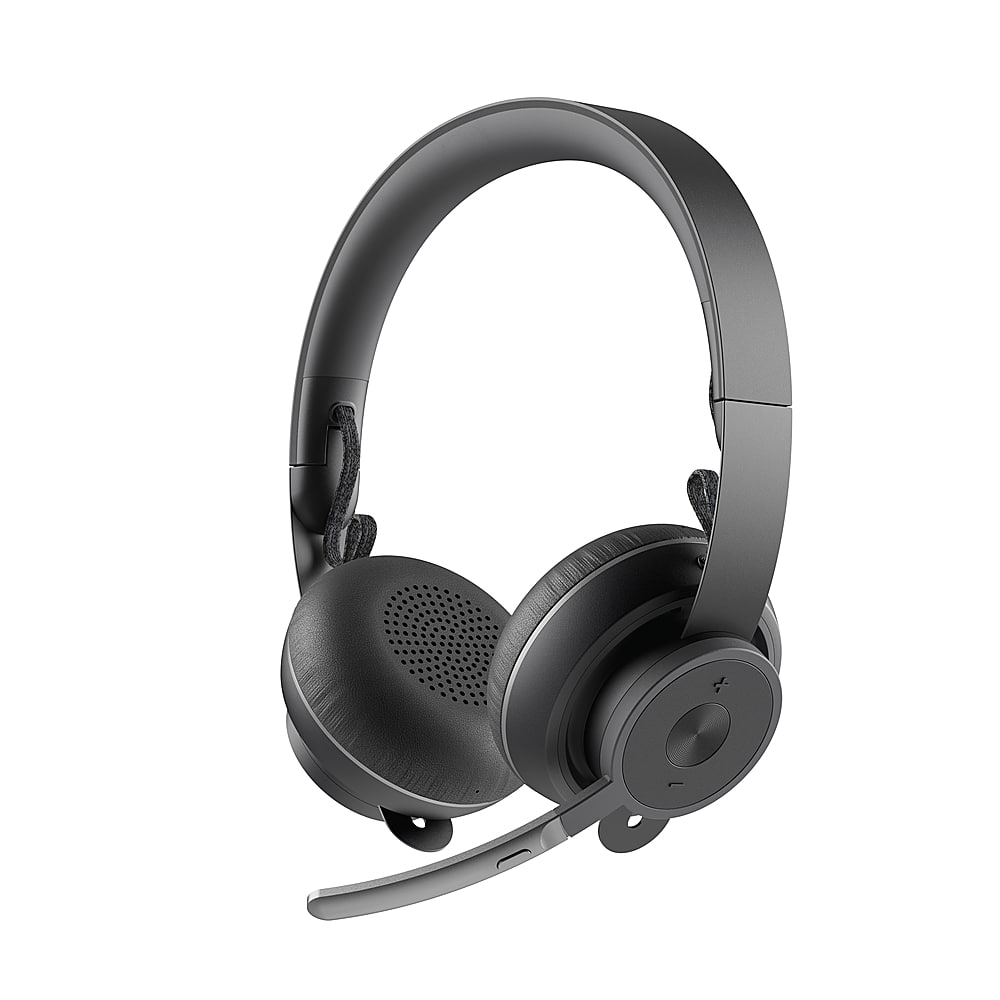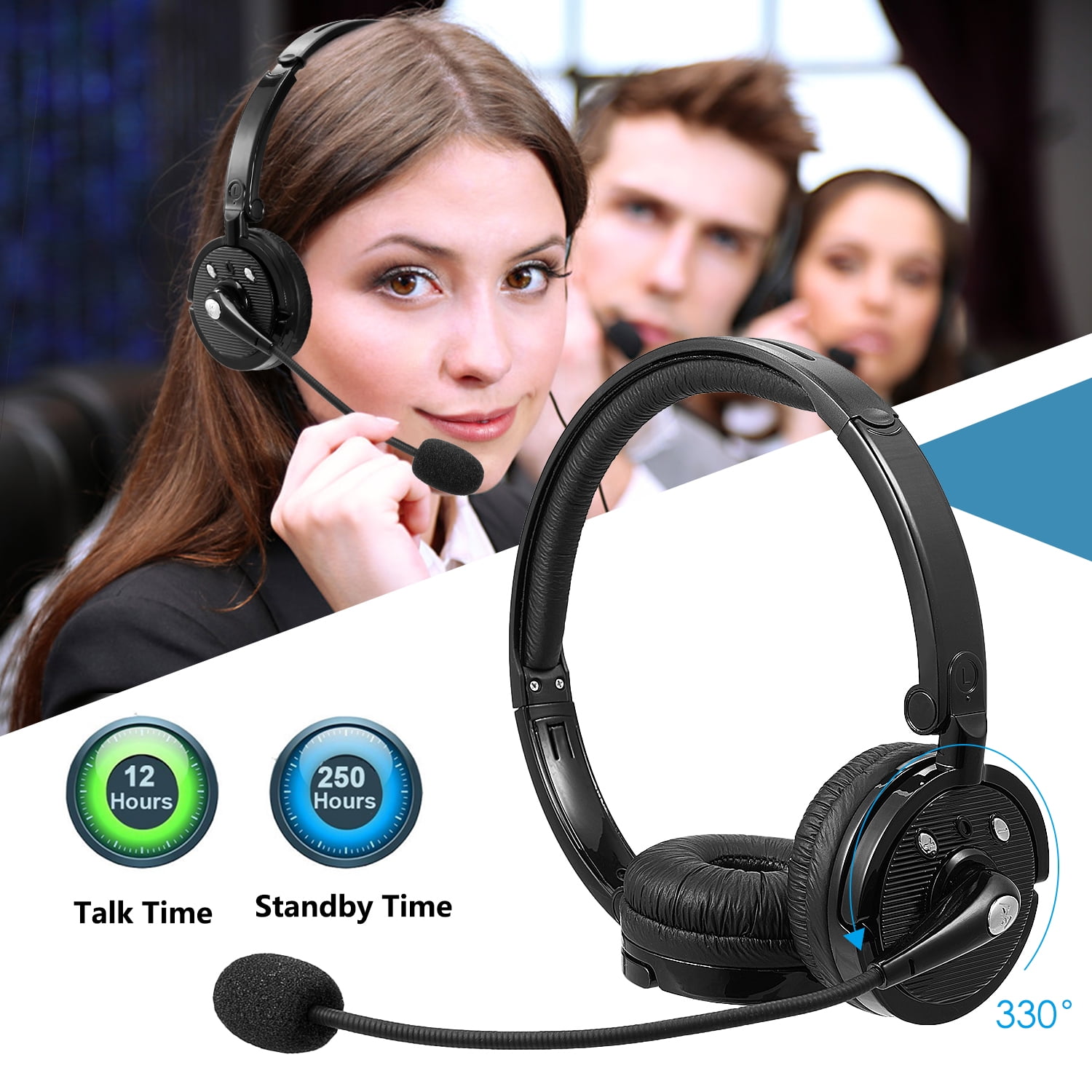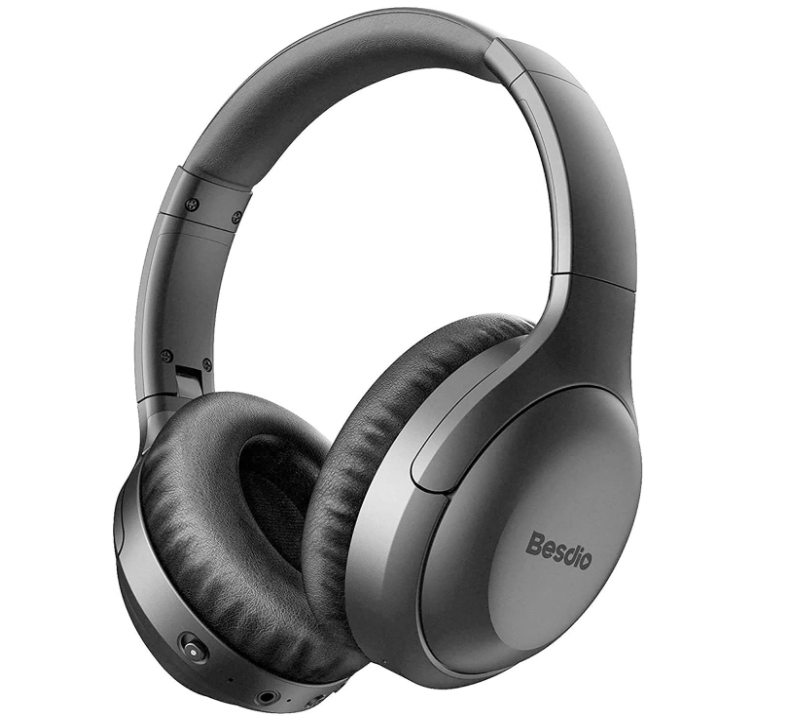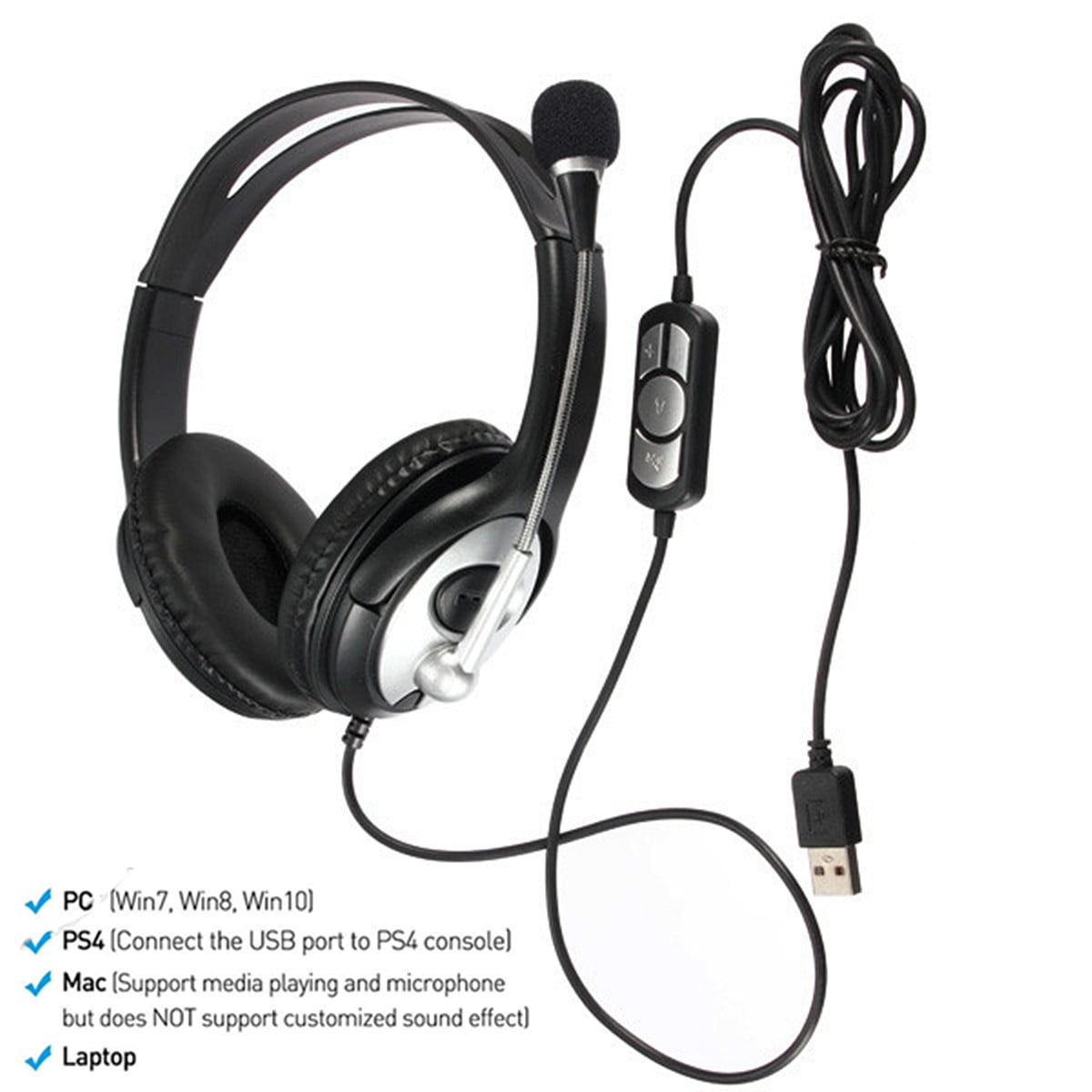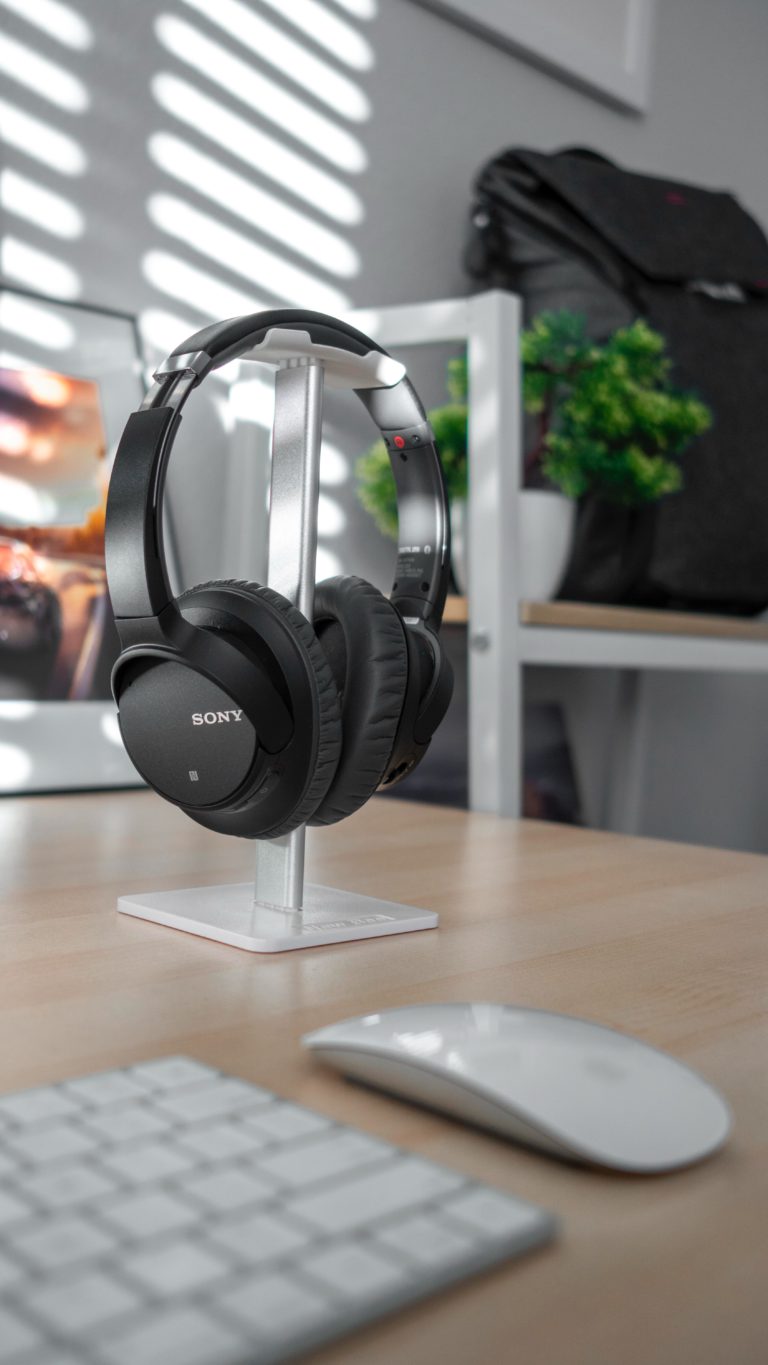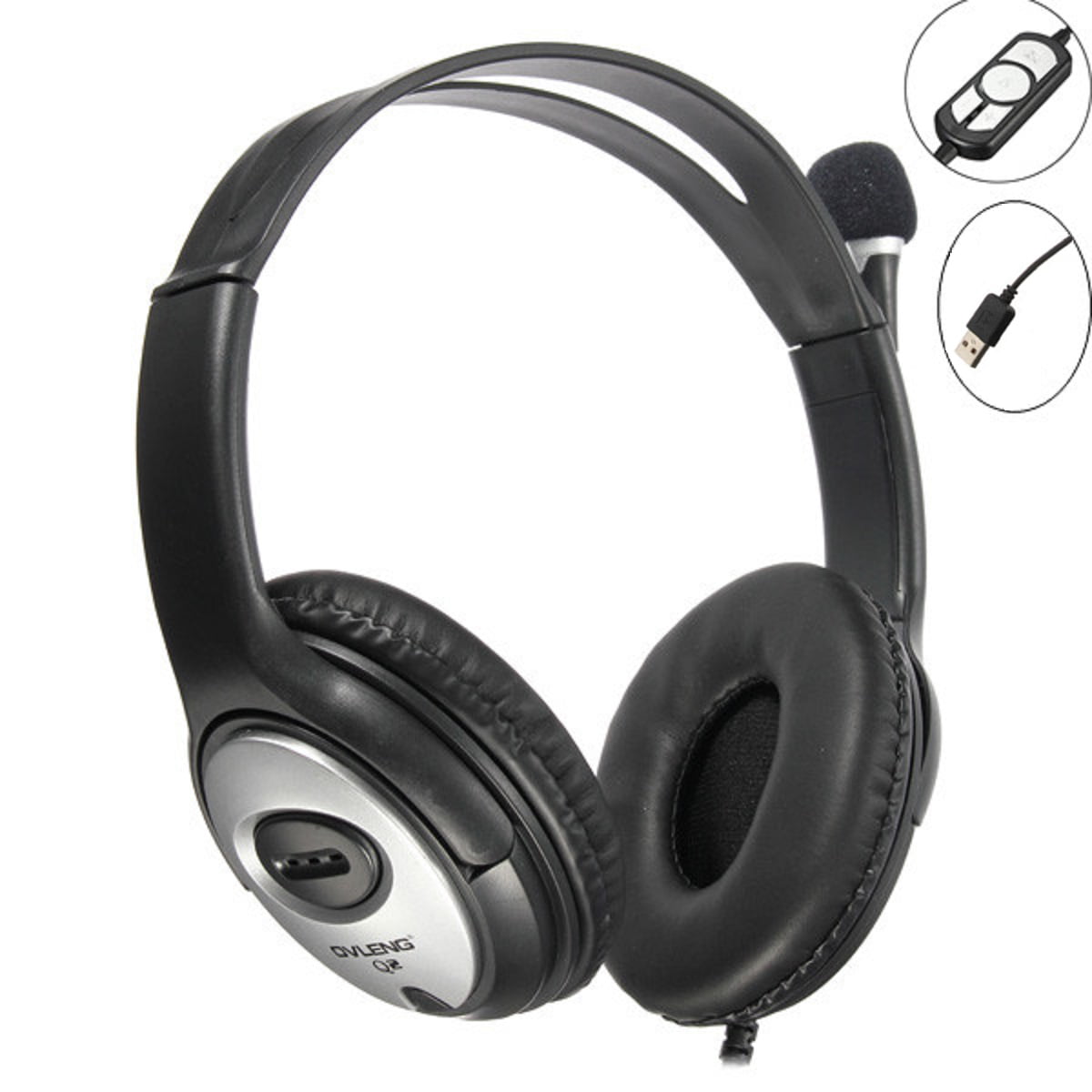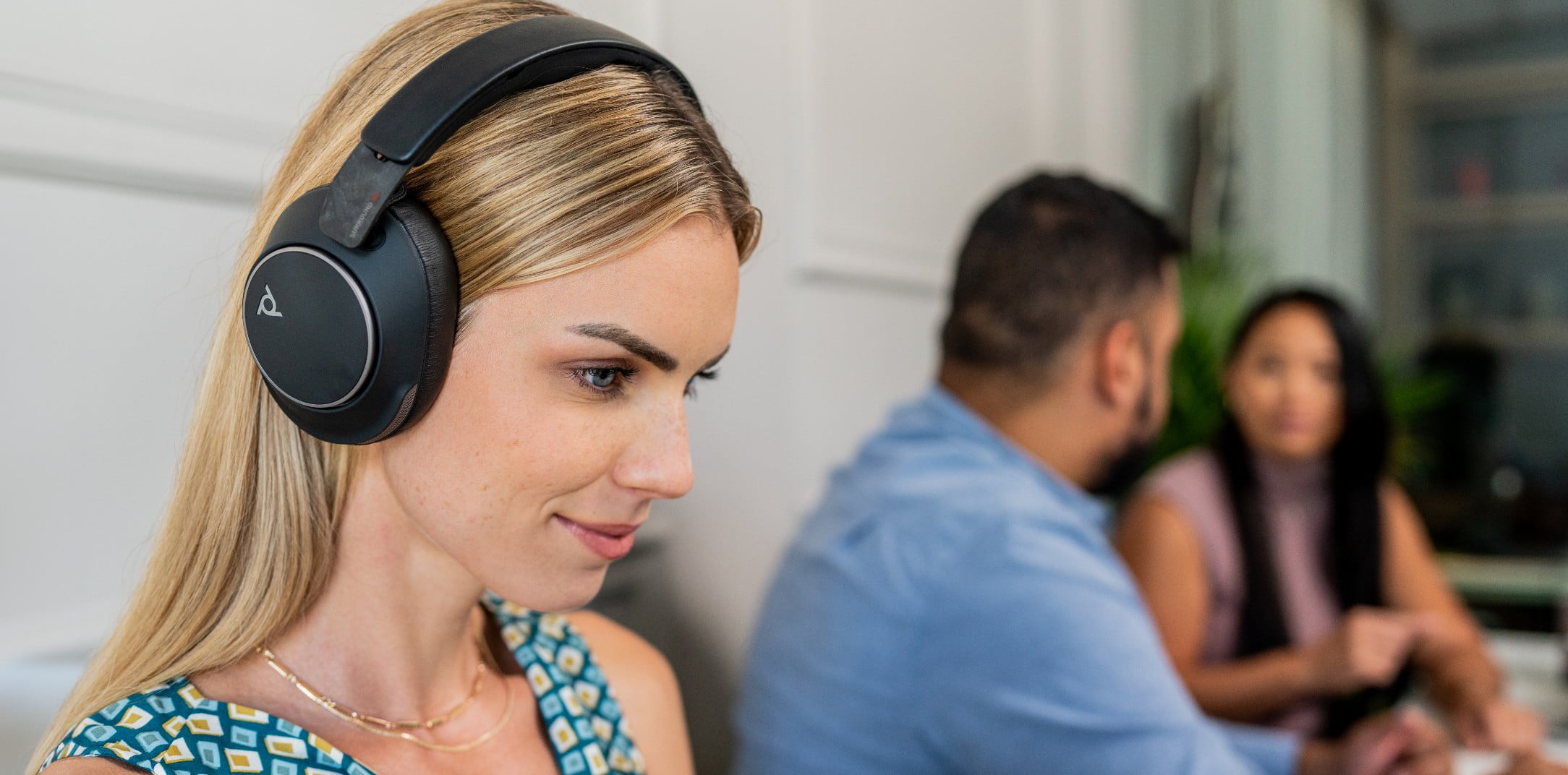Noise Cancelling Headphones For Open Office

The modern open office, once heralded as a bastion of collaboration and innovation, is increasingly being recognized as a significant source of distraction and stress for employees. The cacophony of ringing phones, keyboard clicks, and impromptu conversations has fueled a surge in demand for a technological solution: noise-canceling headphones.
While offering a potential refuge from the open office's auditory assault, the reliance on noise-canceling headphones raises complex questions about workplace culture, communication, and the overall effectiveness of open office designs. This article delves into the burgeoning market for these devices, the documented benefits and drawbacks of their use in open office environments, and the broader implications for the future of work.
The Rise of the Silent Workforce
The noise-canceling headphone market has exploded in recent years. Statista reports a projected global market value exceeding $16 billion by 2027, with a significant portion of that growth driven by demand from office workers.
Companies like Sony, Bose, and Apple are constantly innovating, offering increasingly sophisticated and effective noise-canceling technology. The proliferation of affordable options has also democratized access, making them a commonplace sight in offices worldwide.
Benefits: Focus and Productivity
Numerous studies suggest that noise-canceling headphones can significantly improve focus and productivity in distracting environments. A study published in the Journal of Environmental Psychology found that reducing ambient noise levels led to improved cognitive performance and reduced stress levels among office workers.
By blocking out distractions, employees can better concentrate on tasks requiring deep thought and complex problem-solving. This can translate to increased efficiency and higher-quality output.
Furthermore, many users report a reduction in stress and anxiety. The ability to create a personal sound bubble allows for a sense of control over the environment, which can be particularly beneficial for individuals sensitive to noise or prone to overstimulation.
Drawbacks: Communication Barriers and Social Isolation
Despite the potential benefits, relying on noise-canceling headphones in the workplace presents several challenges. One of the most significant is the potential for reduced communication and collaboration.
Dr. Julia Markowitz, a workplace communication expert, notes that "while headphones can block out distractions, they can also create unintentional barriers to spontaneous conversations and quick collaborations that are essential in many team-based work environments."
Wearing headphones constantly can also signal that an employee is unavailable or uninterested in interacting with colleagues. This can lead to feelings of isolation and hinder the development of strong working relationships.
The "Do Not Disturb" Signal
The very act of donning noise-canceling headphones often conveys a clear "do not disturb" message. While this can be beneficial for focused work, it can also discourage colleagues from approaching with questions or ideas.
This can be especially problematic in open office environments where informal communication and knowledge sharing are often touted as key advantages. Over-reliance on headphones can inadvertently undermine these benefits.
Alternative Solutions: Addressing the Root Cause
Some argue that the widespread use of noise-canceling headphones is merely a Band-Aid solution to a larger problem: poorly designed open offices. Instead of masking the noise, companies should focus on addressing the underlying causes of distraction.
This could involve implementing designated quiet zones, investing in acoustic panels and sound-absorbing materials, and establishing clear guidelines for acceptable noise levels. Some companies are experimenting with hybrid models, offering a mix of open workspaces and private offices to cater to different work styles and needs.
"The real solution isn't just about quieting the noise, but about creating a workspace that is conducive to both focused work and collaborative interaction," says Anna Chen, an architect specializing in workplace design.
The Future of Work: Finding a Balance
As remote work becomes increasingly prevalent, the role of the physical office is evolving. The open office is likely to remain a common feature, but its design and management will need to adapt to the changing needs of workers.
Noise-canceling headphones will undoubtedly continue to be a valuable tool for managing distractions, but they should be viewed as part of a broader strategy for creating a productive and supportive work environment. Finding a balance between individual focus and collaborative interaction is crucial for maximizing the benefits of the modern workplace.
Ultimately, the most effective approach involves a combination of thoughtful office design, clear communication protocols, and individual responsibility. Only then can companies truly harness the potential of their workforce and create an environment where everyone can thrive.
